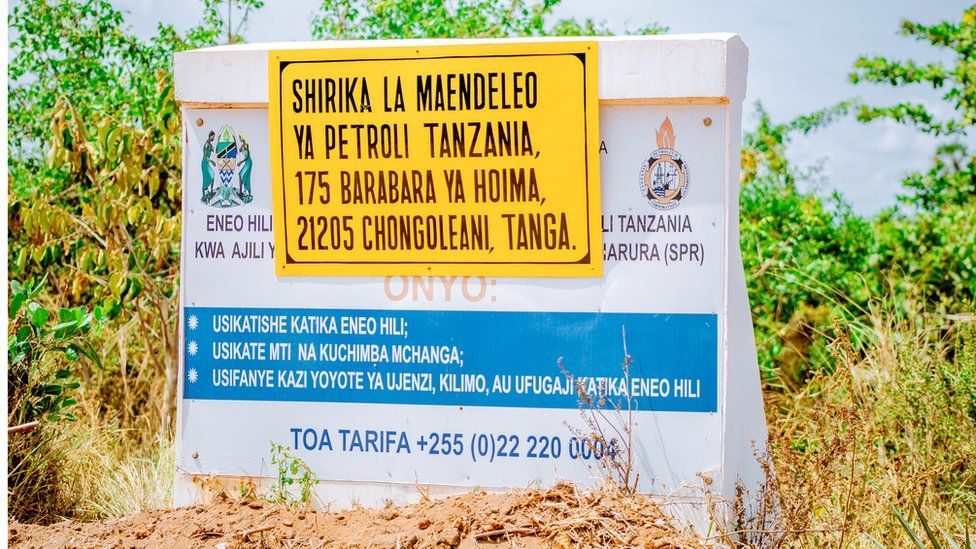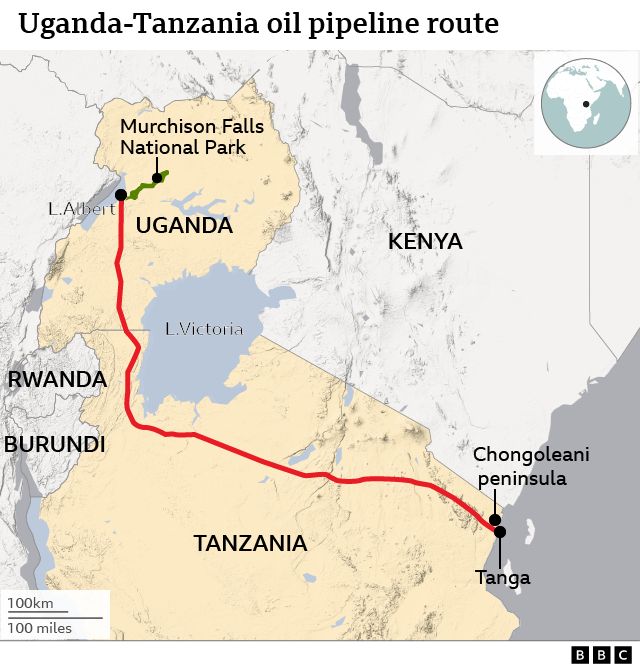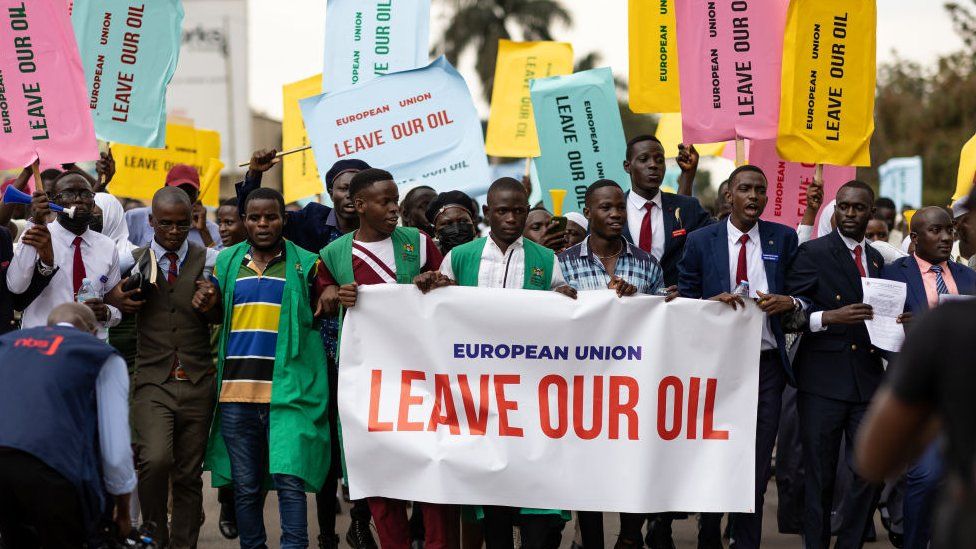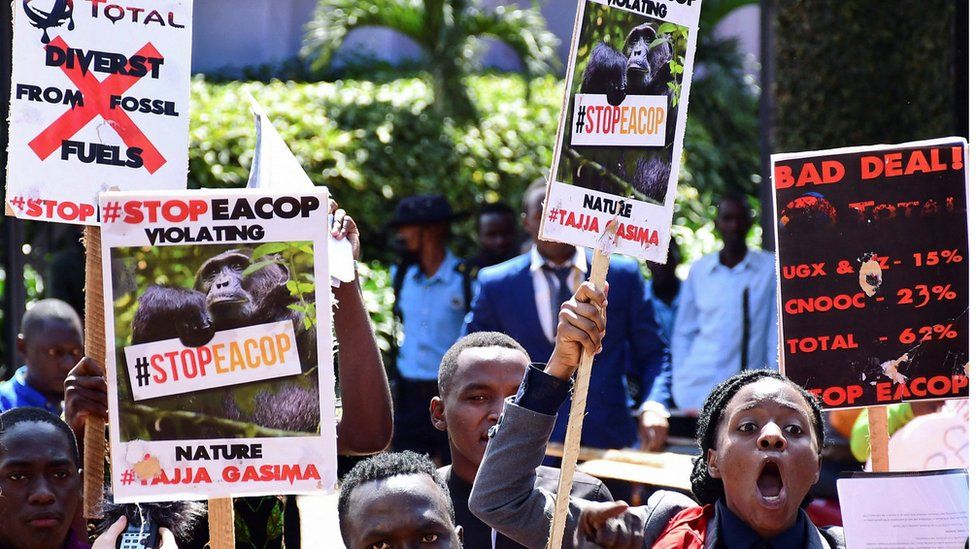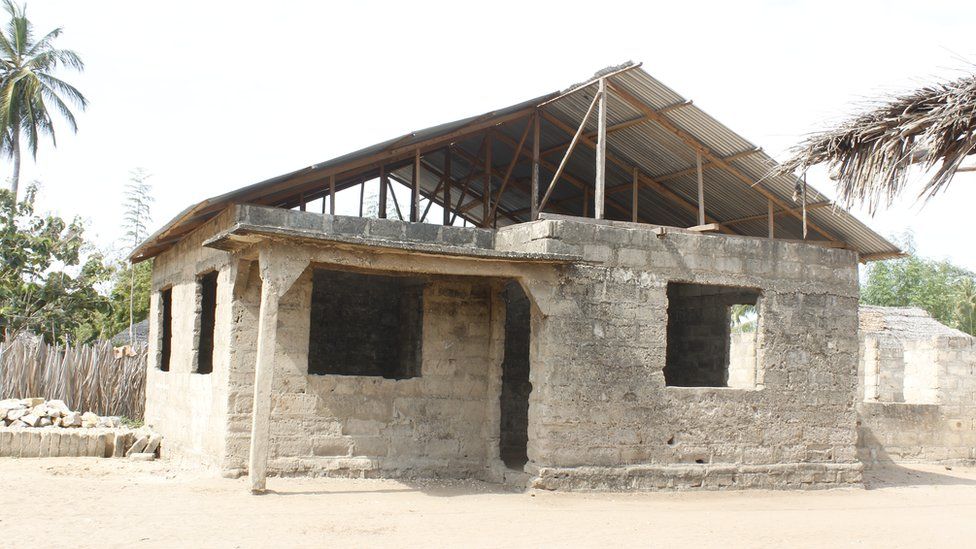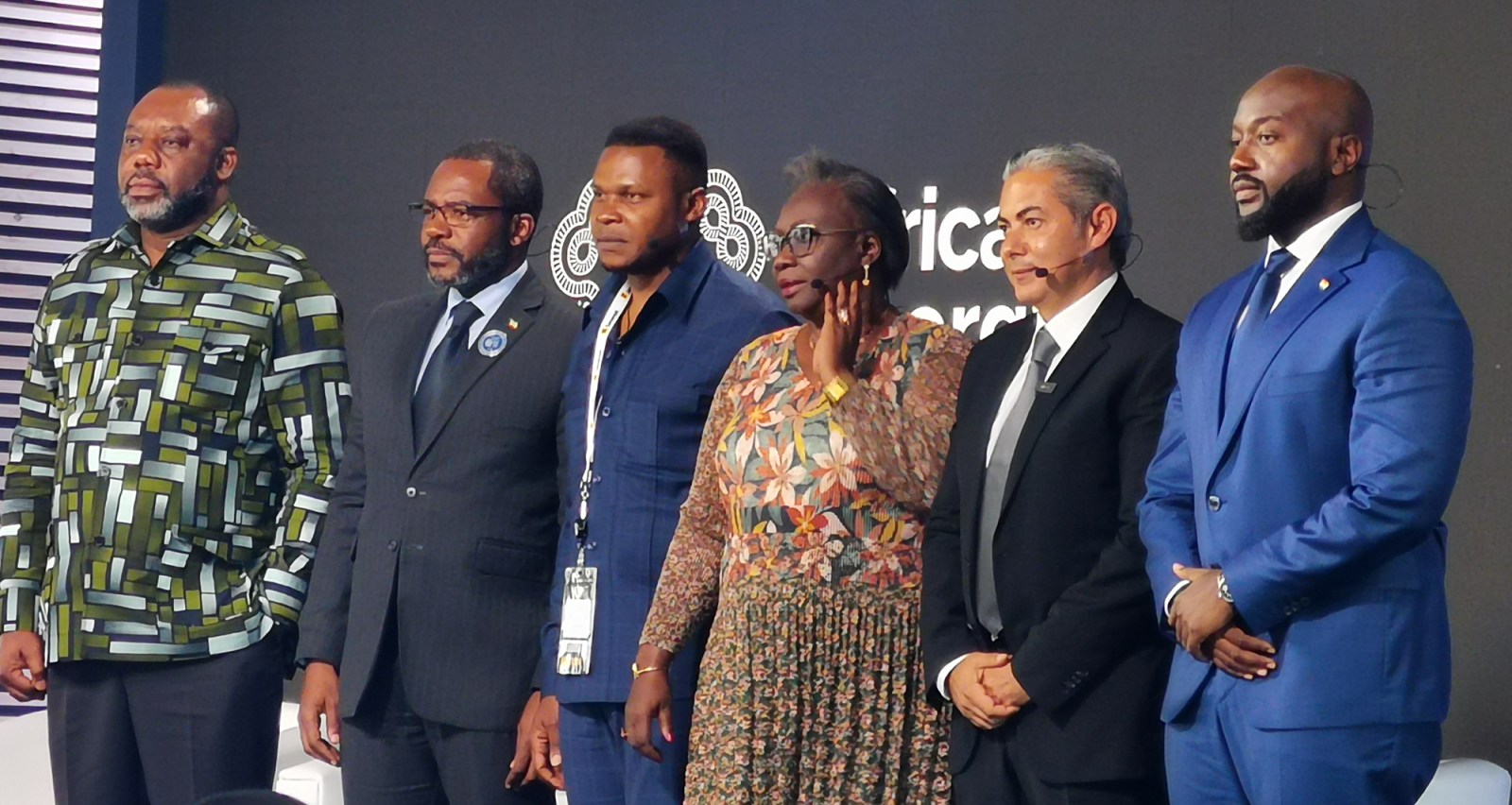Australian Museum Launches First In-Depth Scientific Expedition On Norfolk Island
Norfolk Island, 1700 km north-east of Sydney, boasts a diverse and abundant array of birds, insects, reptiles and marine life, with many unique to the island. Over the next two years, the Australian Museum (AM) will conduct one of the most comprehensive environmental surveys of Norfolk Island.
Working in collaboration with the local community, Parks Australia and scientists from the Australian Institute of Botanical Science and Auckland War Memorial Museum, the goal of the surveys is to develop a more accurate picture of the state of the endemic flora and fauna, as well as increase understanding of pre-European habitation of Norfolk Island through an archaeological dig.
Director and CEO, Australian Museum, Kim McKay AO, said Norfolk Island has a diverse environment and notable historic sites offering a unique heritage seldom found elsewhere within Australia and around the world.
“For nearly two centuries, the Australian Museum has conducted expeditions to document, collect and examine our land and fauna which has led to great advances in our geographic knowledge,” McKay said.
“With the depth and breadth of our scientific knowledge, backed by our valuable collections, we are uniquely placed to help inform future management of these areas and contribute to our understanding of the origins of Norfolk Island and how its ecosystems function within the greater global environmental picture,” McKay explained.
The first phase of the AM’s Norfolk Island expedition begins today, Monday24 October, with a combined team of more than 20 experts who will be seeking to answer a number of scientific questions including whether there are any undescribed species on the island, and if the elusive Gould’s Wattled Bat, endemic to the Island, continues to call Norfolk Island home. Archaeologists will also be researching the pre-European history of the island, particularly the occupation of the island by Polynesians some 150 years before European settlement.
According to the AM’s Chief Scientist and Director of the Australian Museum Research Institute, Professor Kris Helgen, the Norfolk Island community will be essential to helping the scientists in their expeditions.
“Our scientists are recognised internationally as experts in their fields, but local collaboration and consultation is essential in both the planning and research phases of scientific expeditions. On one previous expedition to the Solomon Islands, our scientists only managed to learn about a rare species of rat because of a tip off by residents. Local voices will be crucial in painting a full picture of Norfolk’s biodiversity,” Professor Helgen said.
"In order to conserve a species, we must know it’s there. Conservation is at the heart of our expeditions and the work we do throughout the Australian Museum Research Institute. The AM’s Lord Howe Island surveys are one such example. The scientists’ findings contributed to improving the breeding program for the phasmid (stick insect) long thought to be extinct and provided important scientific evidence to support the eradication of invasive black rats from the island,” Helgen added.
Chief Scientist at the Australian Institute of Botanical Science (Royal Botanic Gardens and Domain Trust), Professor Brett Summerell, said four scientists based at the Institute’s National Herbarium of New South Wales will conduct botanical surveys to help fill crucial knowledge gaps of Norfolk Island’s unique flora.
“Scientists from the Australian Institute of Botanical Science will be collecting plant material in areas with few collections in herbaria, focussing on weeds and non-threatened flora that has flowers or fruit, to help advance fundamental knowledge of Norfolk Island’s flora and drive effective conservation solutions,” said Professor Summerell.
Head of Natural Sciences at Auckland Museum, Dr Thomas Trnski, said the Auckland Museum is supporting two scientists to complement the terrestrial survey team: a herpetologist and non-vascular botanist.
“There are ancient biological connection between Norfolk Island and mainland Aotearoa New Zealand, which are connected by the submerged continent of Zealandia. Examining in detail the population and genetic connections of species between Norfolk Island and Aotearoa will establish a solid baseline to detect change over time,” Dr Trnski said.
In addition to the scientific surveys, the AM will also be engaging the local community through education activities with the Norfolk Island Central School and a range of programs and events to learn about the expedition.
The AM’s team of scientists depart for phase one of the Norfolk Island expedition on Friday 21 October 2022 and return to Sydney on Monday 31 October 2022. In 2023, a team of marine biologists plan to undertake research of the waters around the island.
